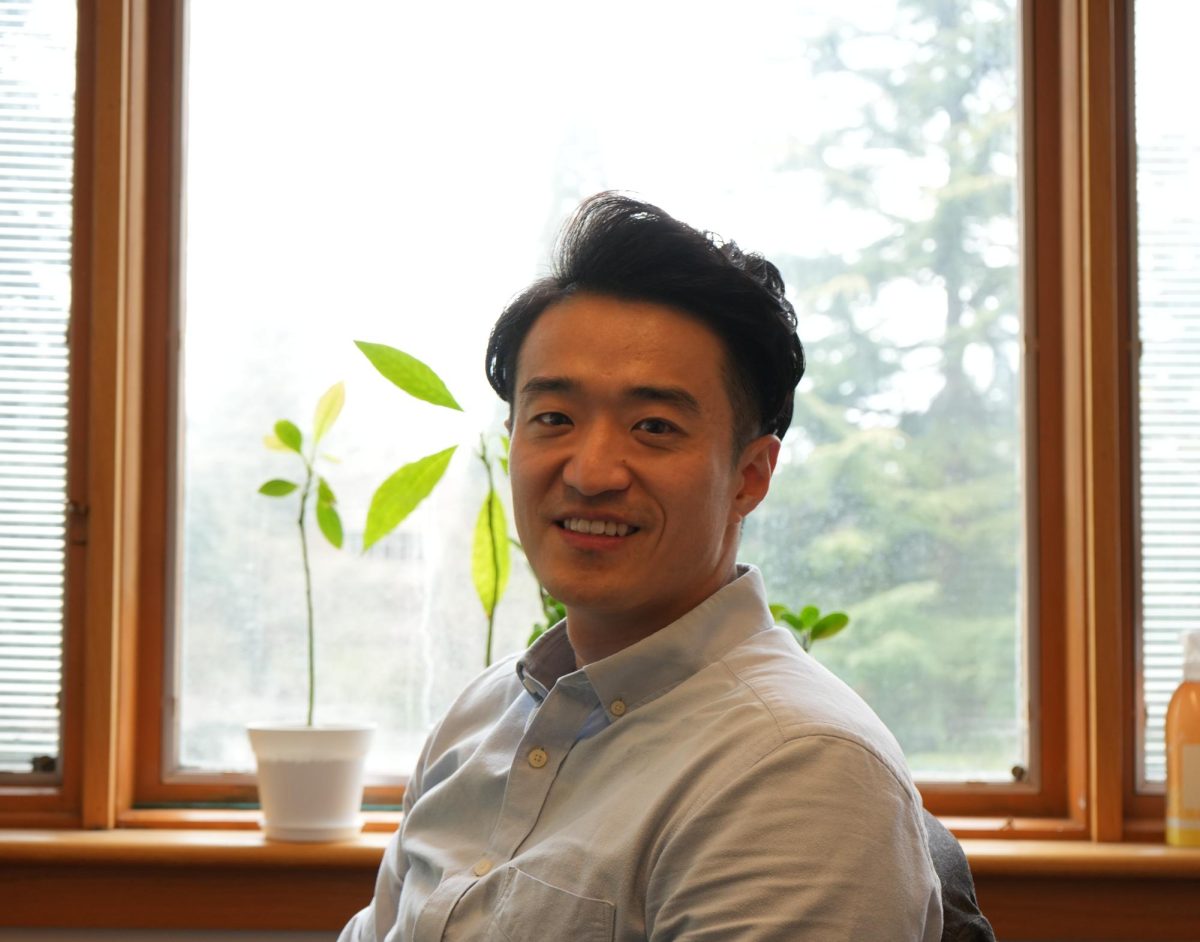An innovative professor at Seattle University has been trailblazing and making history in his research about organ preservation.
Shen Ren, an assistant teaching professor in the department of mechanical engineering at Seattle University, has collaborated with the University of Washington’s Center for Dialysis Innovation and Northwest Kidney Centers to create a single-mode electromagnetic resonance (SMER) system in hopes of furthering organ preservation technology.
AE: What is the SMER system?
SR: We call that sort of an advanced microwave oven, and the reason for that is that cryopreservation is fundamentally utilized at low temperatures to reduce or even pause biological and chemical reactions. So that’s how we can stop the biological time on the biomaterials or biological samples. That’s the foundation of how we can extend viability and biological functionalities.
AE: What sparked your interest in cryopreservation and organ preservation research?
SR: I was having a face-to-face conversation with a kidney failure patient who was a young dad, 26 years old, and had a six-month [old] baby girl. He basically just let me know he would love to do anything, anything possible, just to survive and to witness his little one grow up. That’s the conversation that changed my entire career because I realized I could do something to help them. I can do something to support this desperate community, and maybe I can save some lives.
AE: What do you think is the current state of organ preservation technology? And where do you think it will be, perhaps in the next decade?
SR: Yeah, it’s actually, like, is this happening? If you asked me this question 10 years ago when I started this project, I would say, well, that sounds like science fiction, and on the fiction end. This is something that might be happening probably before I die. But now, if you ask me the same question, is organ preservation happening? Yes, it is. It is still science fiction at the moment. But this time, it’s on the science part because we have so many consistent and repeatable scientific results that we have been producing, not just from us but also from our collaborators and other scientists in this field. There’s a very established and amazing group of scientists at the University of Minnesota and MIT [Massachusetts Institute Of Technology], and they have already used a rat model to prove the concept that they can freeze and successfully rewarm a rat kidney and complete the transplantation. So this is definitely going to work.
AE: What are some challenges that cryopreservation still faces?
SR: Well, that’s basically back to that conversation I had with the kidney failure patients. Back then, I was working on the portable artificial kidney. That project was later highlighted by an article in the newsroom and resulted in a King 5 TV interview. That video is still available online and on YouTube and apparently, a lot of kidney failure patients watch that video. Even to date, I still receive emails from random patients every other week, sometimes multiple emails a week. They were checking in. “Hey?” “How’s your progress?” “Is your device available soon? Because my doctor told me I only have 3 months. I would like to try for anything that will possibly work for me.” So, when you get a phone call or email like that, you don’t need anything else to continue pushing you. That’s where the power comes from.
AE: So, what are more success stories that help you on the way?
SR: There’s not really a success story until we can make it happen. Right? I mean, we keep hitting different milestones, but the job is not done yet. We’ll celebrate when we have the first prototype that’s working on a human organ, a cryopreserved human kidney transplanted into a patient. That’s when we can finally say we made it, and now we’re ready to get it to the other people. There’s no success story like that yet.
AE: What would you say to someone going into this field of organ preservation?
SR: Don’t give up. It’s probably harder than you think, but it’s going in the correct direction and will happen. This is something not happening for a reason because it’s not something easy to do. But if more people are involved in this area and more effort is put into this field. We will make it quicker to the market. Again, it’s still science fiction, but no longer just fiction, it’s scientific now.
Ren has committed his time and energy toward cryopreservation in hopes of helping those in need. He hopes to continue his research as well as have a lasting and continuous impact on his field.
Ren will hold an event about his research at the Discovery Series Feb. 14 at Perkins Coie LLP in downtown Seattle.







